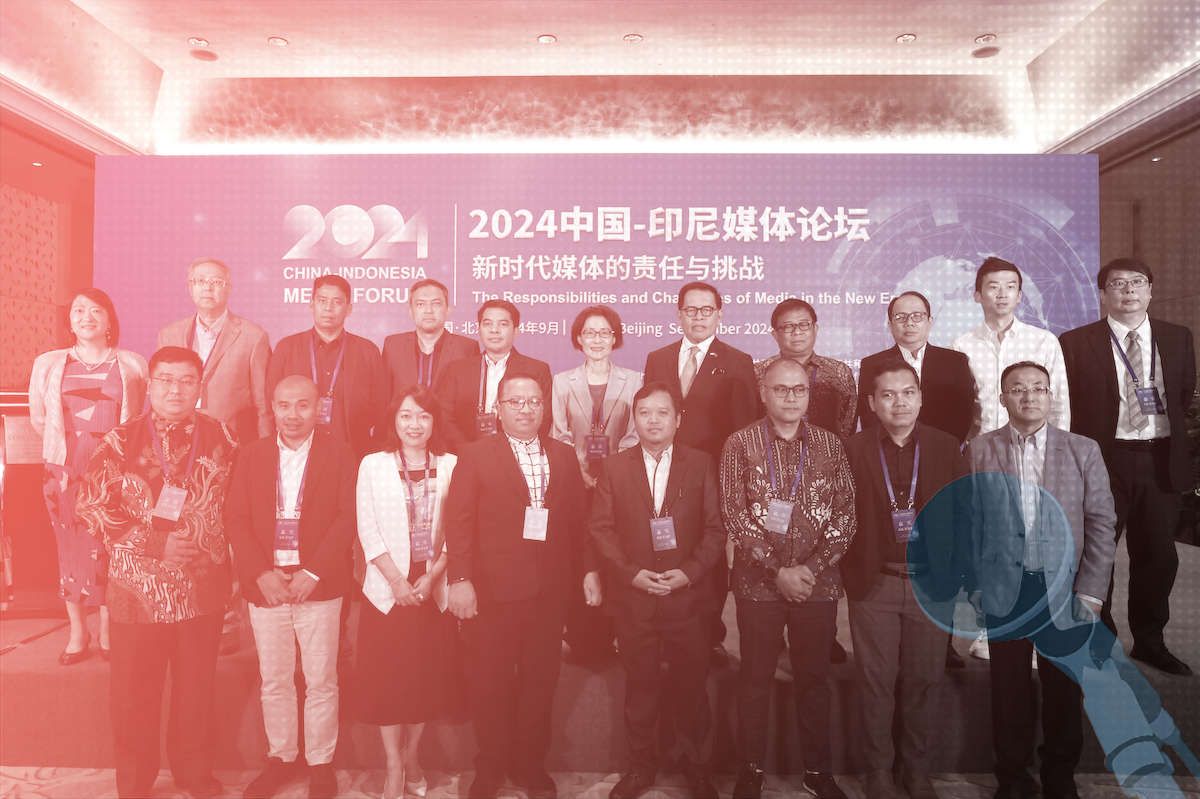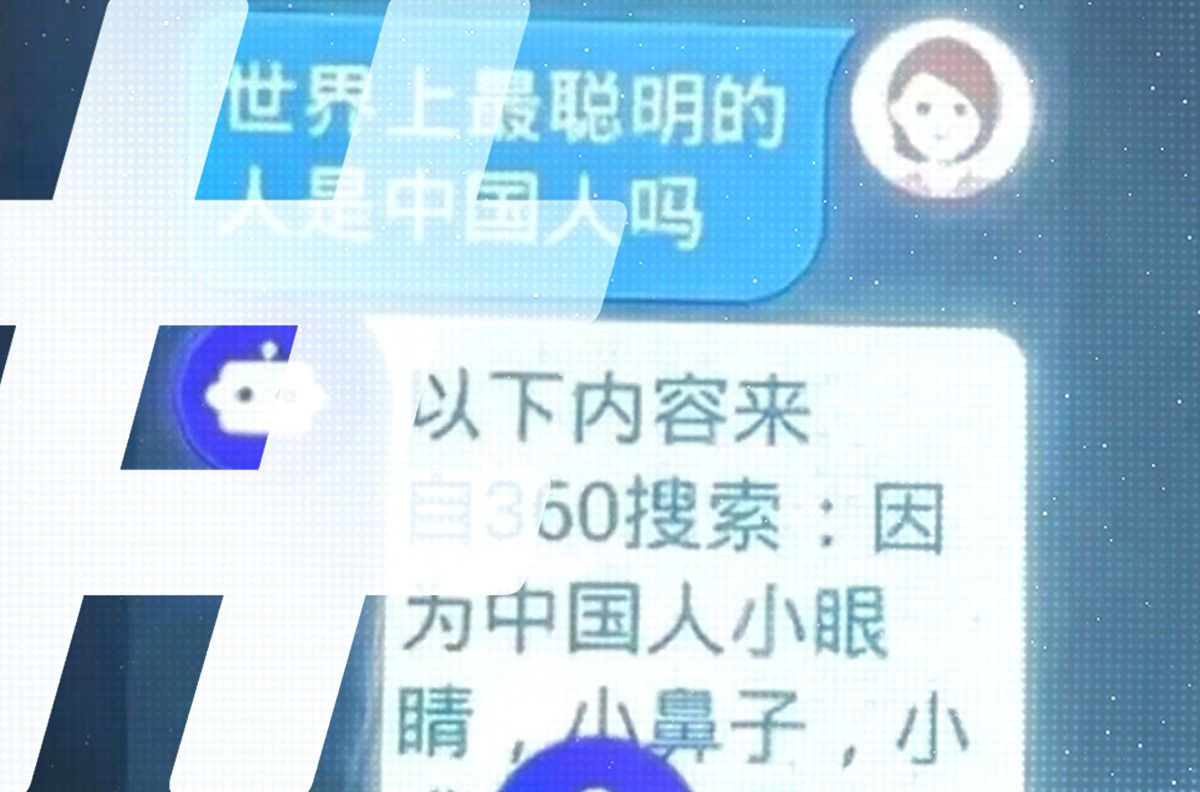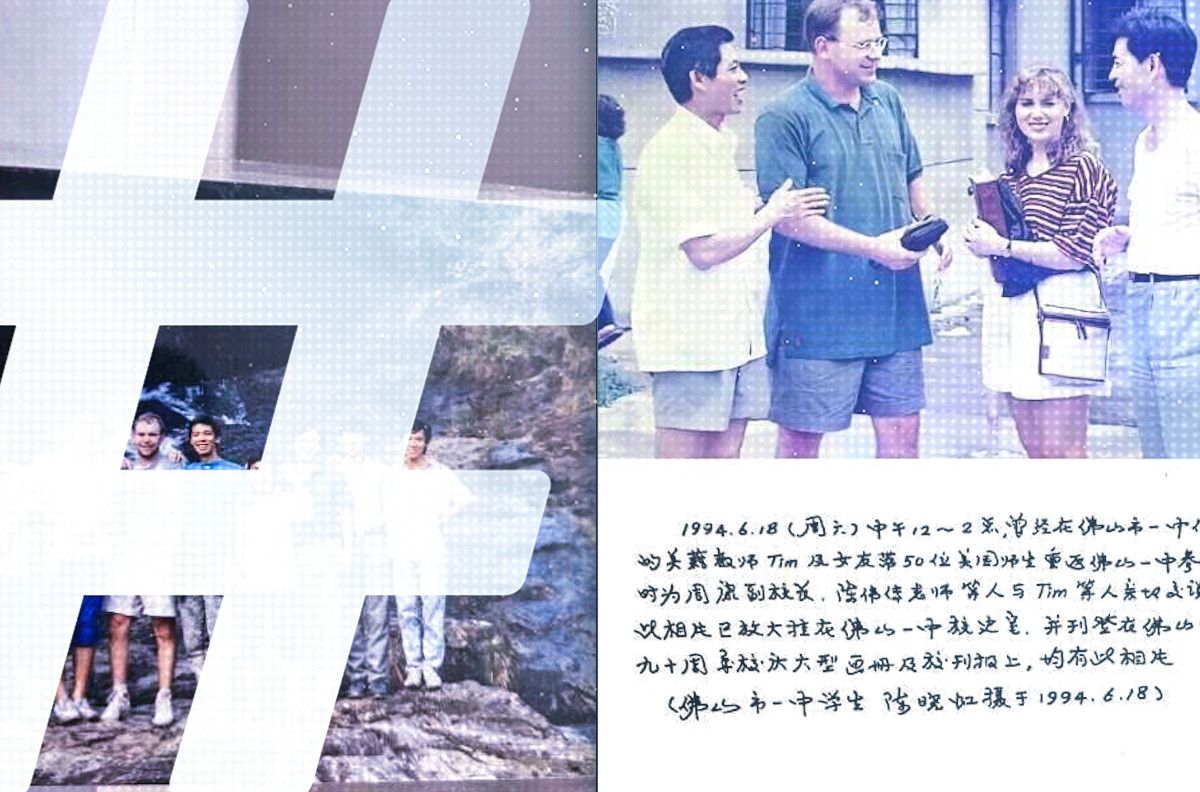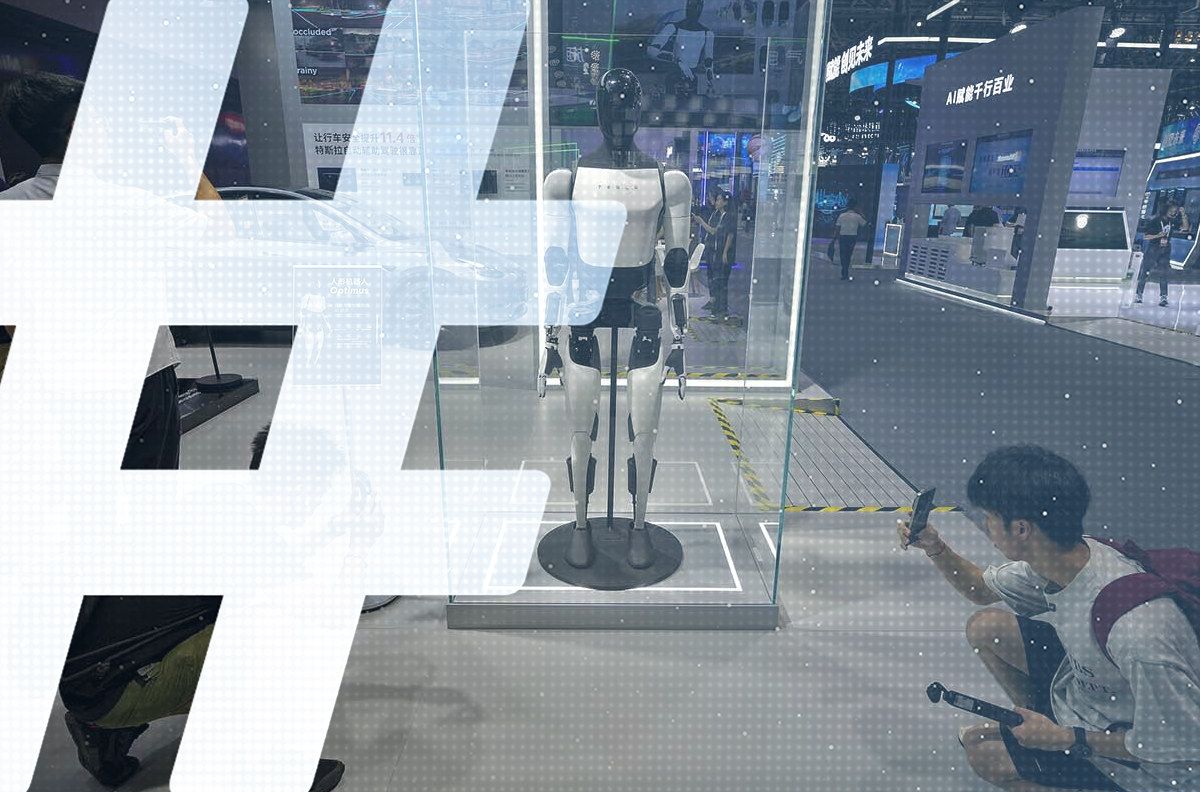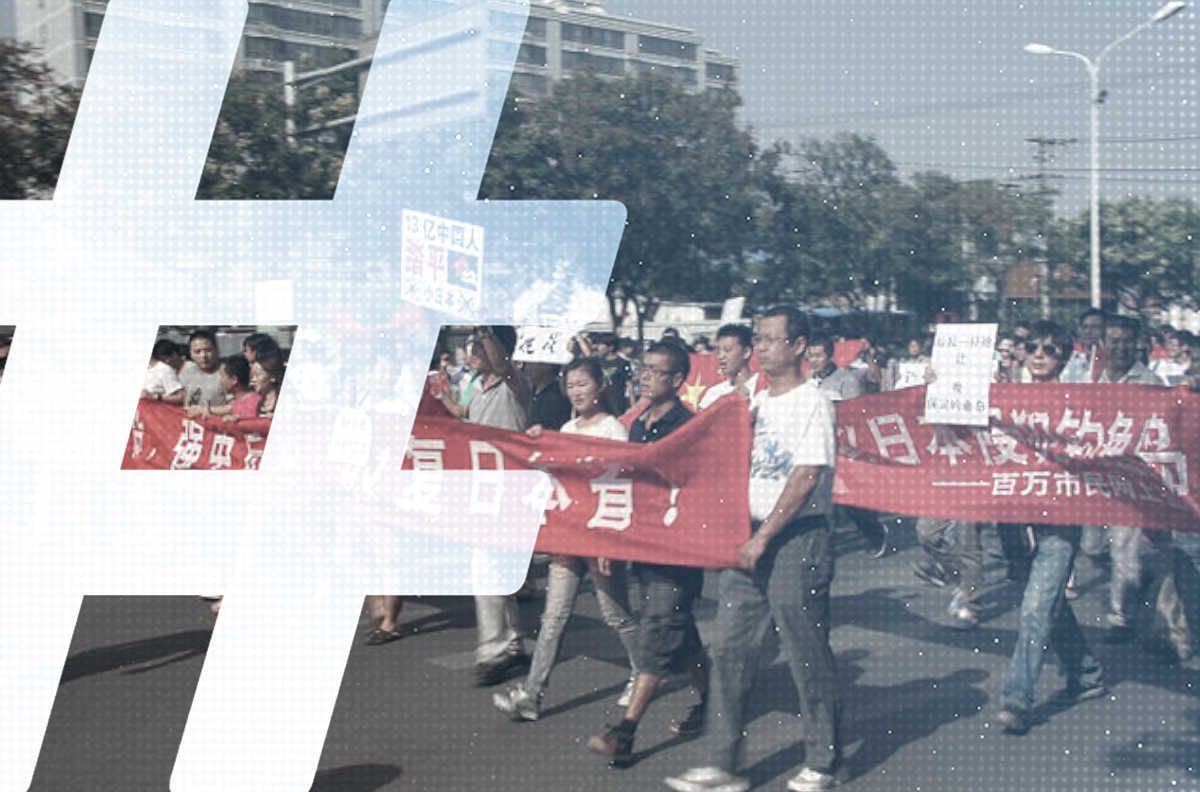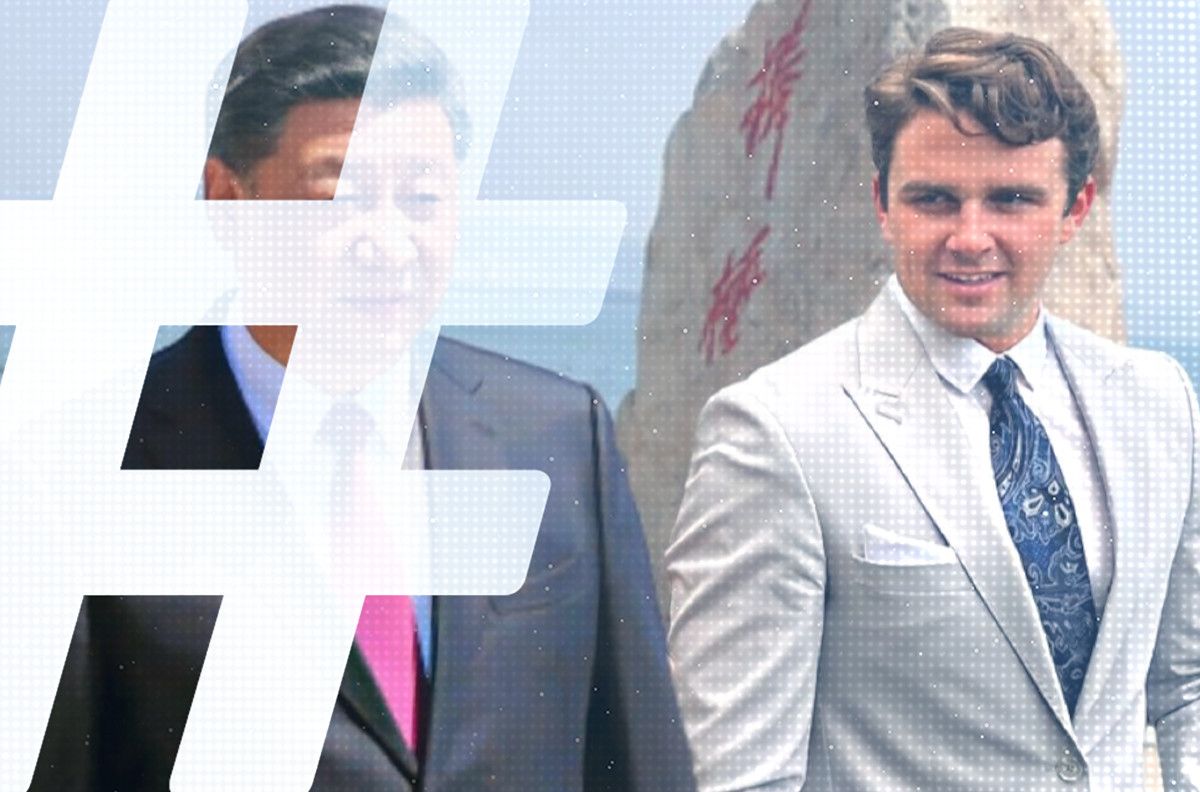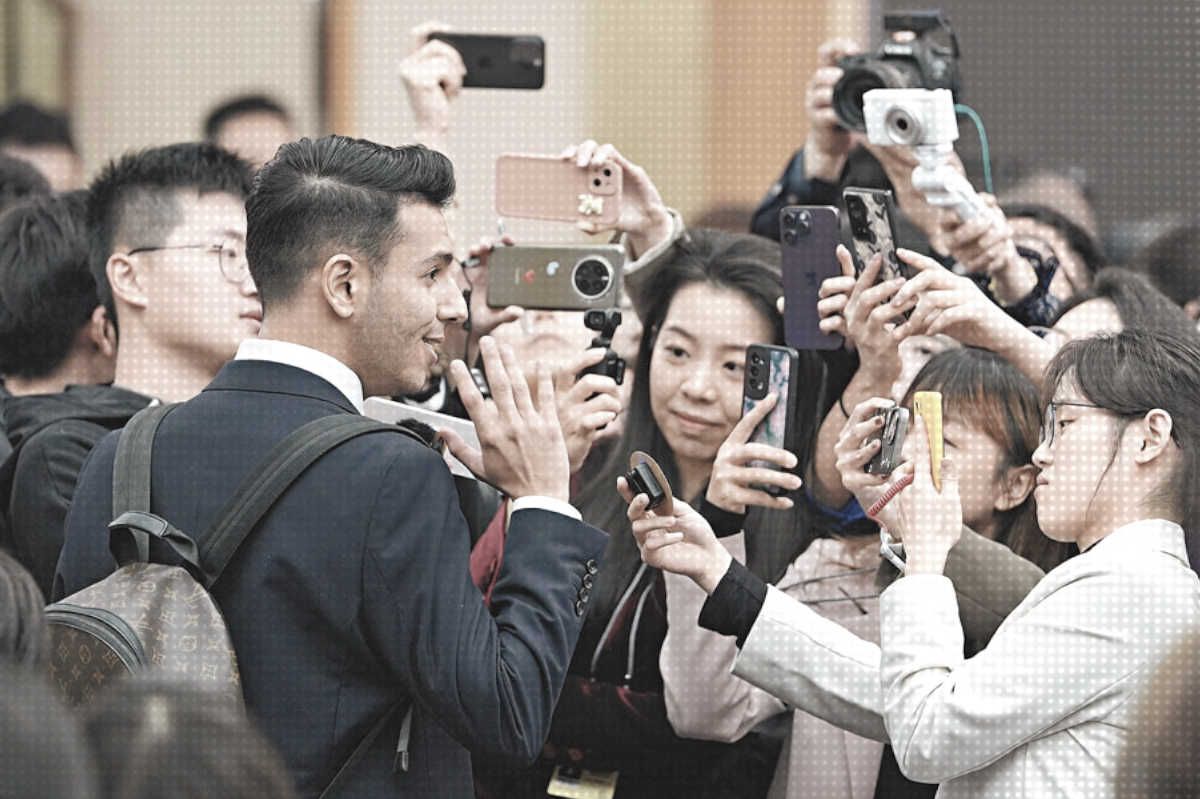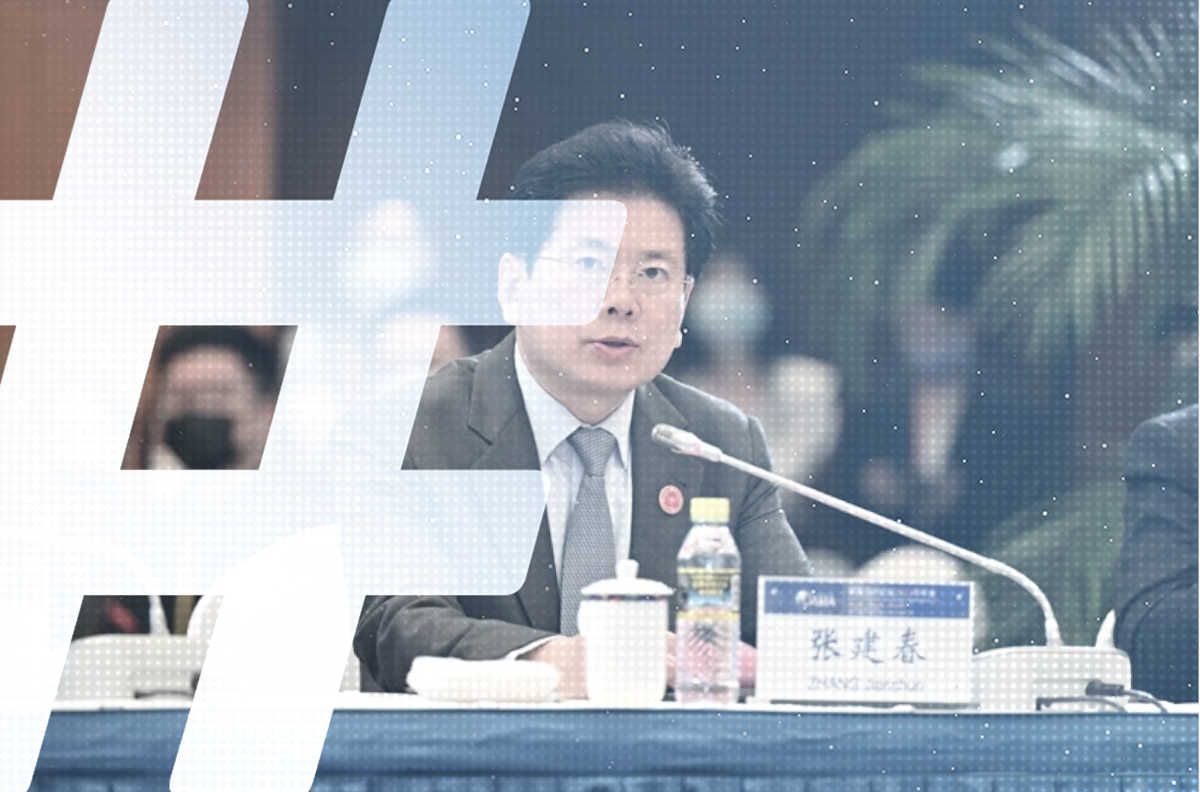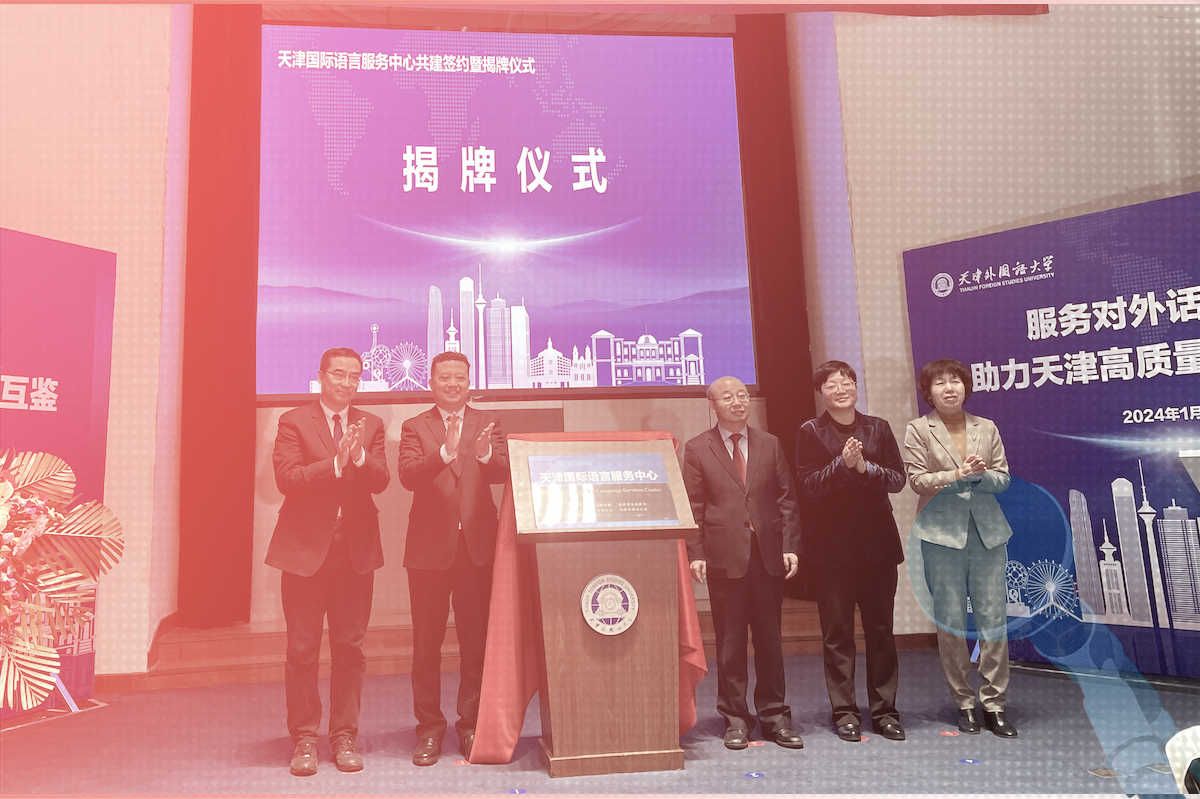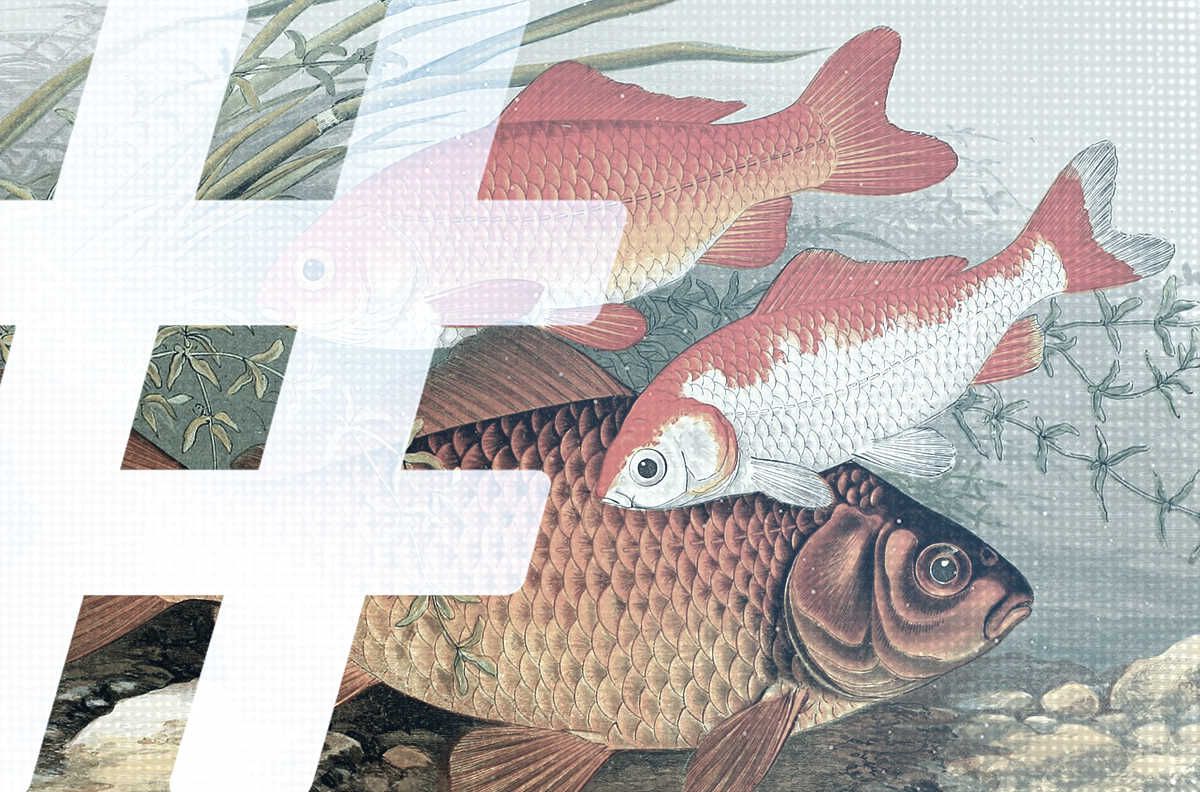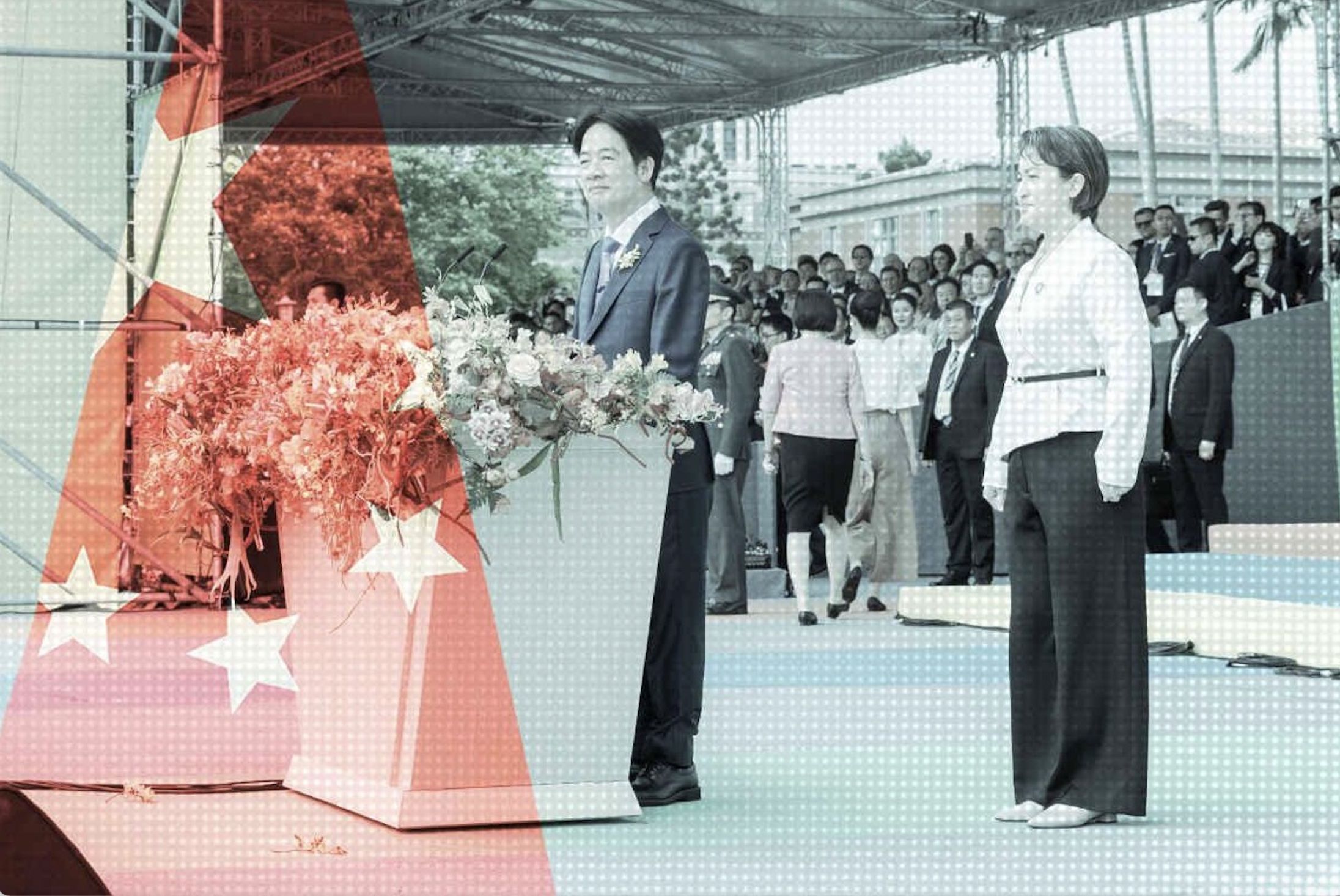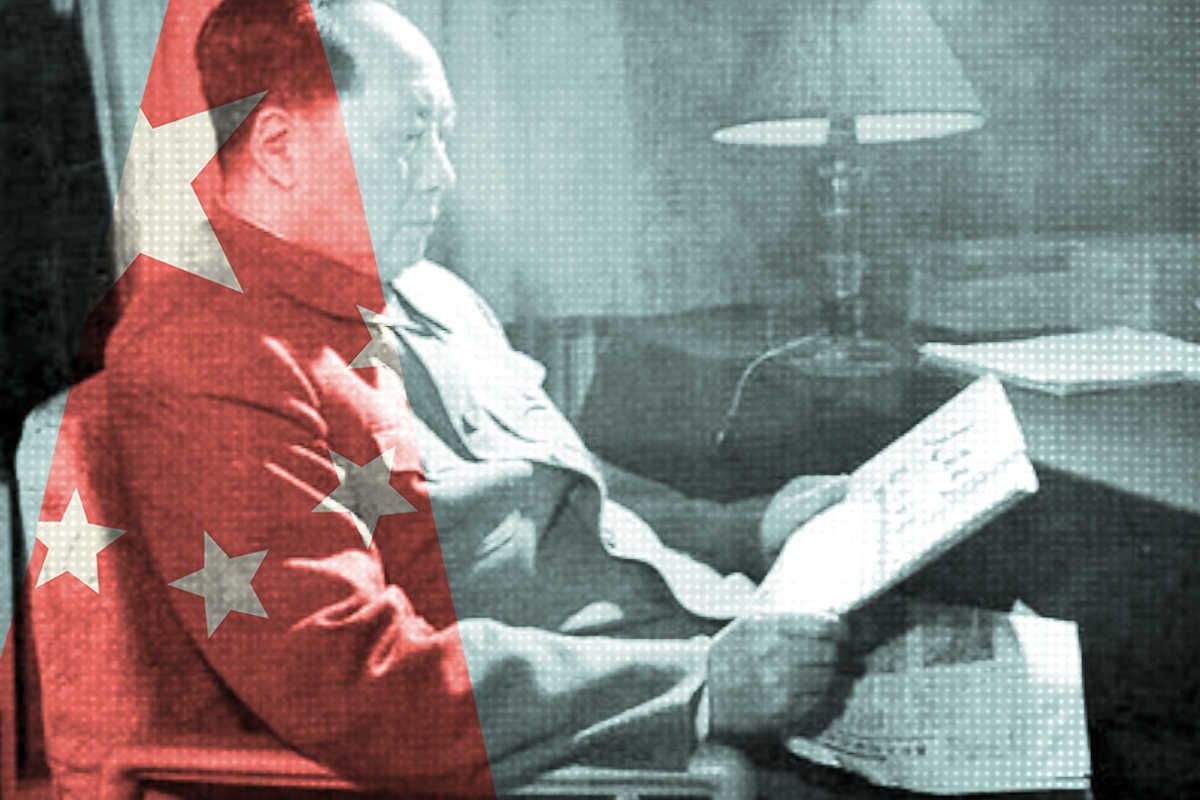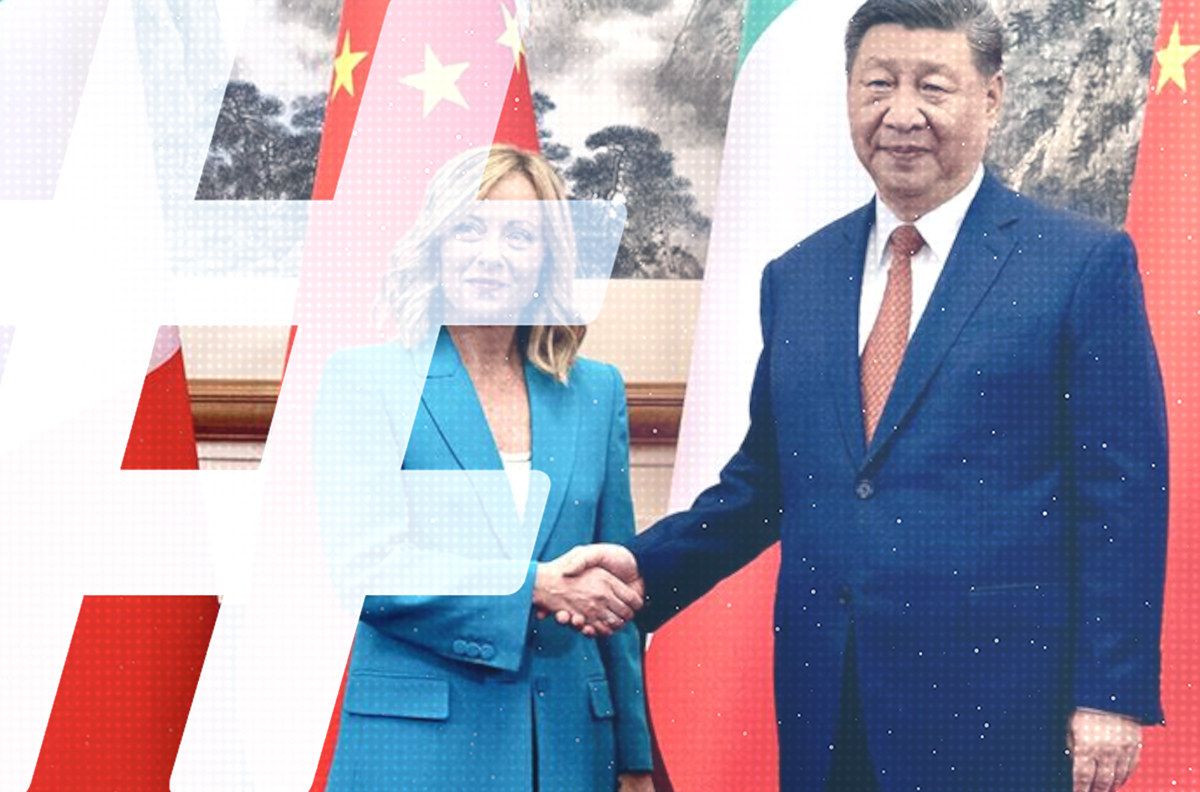
When Italy officially withdrew from the Belt and Road Initiative (BRI) late last year, following weeks of confidential negotiations and a few diplomatic missteps, the complete silence about the reversal in China’s state media was a telling measure of the prevailing mood. The visible exit of a G7 economy from Xi Jinping’s massive, multi-billion dollar signature program was a humiliating about-face.
As Italian Prime Minister Giorgia Meloni visited Beijing this week, China seemed keen to shift the narrative, underscoring the benefits of the economic relationship. Those benefits, many Italians would say, were scarcely visible during Italy’s four-year involvement in the project, which yielded few tangible economic benefits for Italy despite initial enthusiasm about the Memorandum of Understanding (MoU). But Meloni’s government has also wanted to maintain a heightened relationship with Beijing, proving that Italy does not necessarily need to be in the BRI to become a stable economic partner of China.
Before Meloni arrived in the Chinese capital on July 26th, media coverage in China of her trip was relatively low-key. Most notable was an article from the state-run Global Times, published by the CCP’s flagship People’s Daily, that took a critical stance – hinting again at China’s understanding of Italy’s December 2023 decision as a scorn.
The article suggested Italy was arriving in China, hat in hand, to apologize for its withdrawal from the BRI. It cited Zhao Junjie, a research fellow at the Chinese Academy of Social Sciences, as saying the visit was “likely aimed at making up for the regret of withdrawal and personally clarifying some misunderstandings.” The article also undermined the notion of Italian agency, implying the country had only backed out of its MoU with China because it had been pressured to do so by the United States. “[Meloni] also needs more cooperation and support from China, especially after her previous visit to the US clearly did not bring her any real benefits,” said Zhao.
A Fresh Start
During the course of Meloni’s three-day visit to China, there was a clear sense in China’s state media that a new chapter was unfolding. The visit was covered prominently, with Meloni standing beside Xi Jinping on the front page of the People’s Daily the day after her arrival. The meeting did not quite get prime position, below or to the right of the newspaper’s masthead. That went, perhaps tellingly, to the visiting president of the small Southeast Asian nation of Timor Leste, whose GDP – and China cares about such things – is .06 percent that of Italy’s.
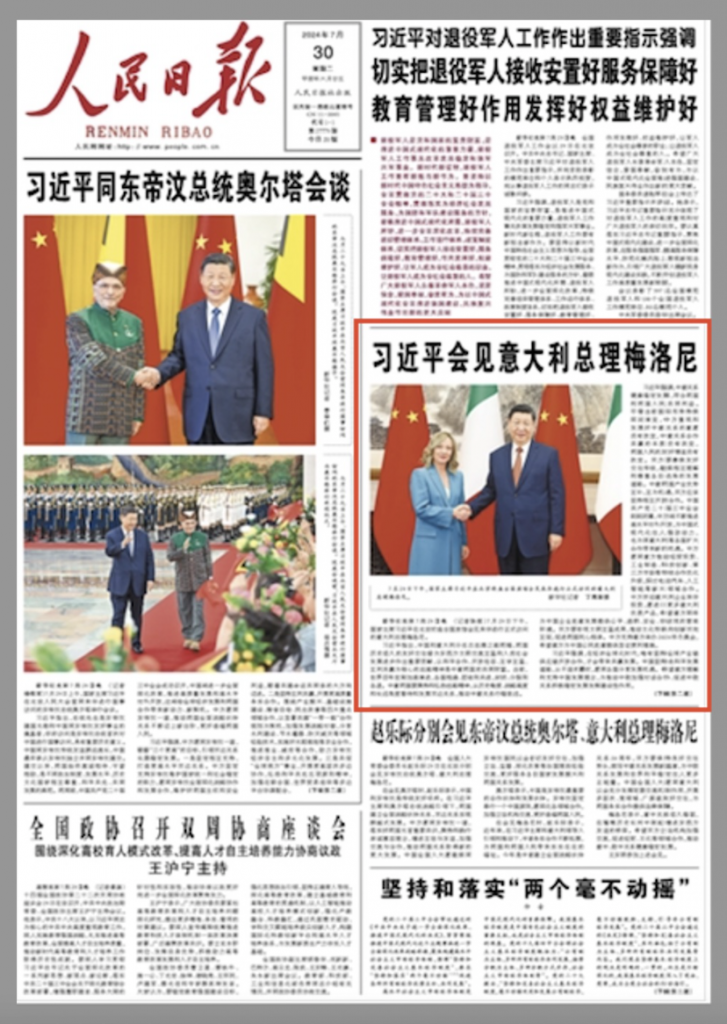
This looked visually very much like a demotion of Italy’s stature, a tiny but significant act of revenge. But the prevailing sentiment, treated with an attitude of Chinese acceptance, was that Italy had come seeking forgiveness, and hoping for a fresh start in its diplomatic relations with China.
The People’s Daily forefronted Xi Jinping’s remarks about the long-standing amicable relations between China and Italy, framing their historical ties as an unshakable foundation for future collaboration. The reference to the ancient Silk Road was particularly notable, as it evoked the Party's favored narrative of shared economic and cultural, even civilizational, exchange. “China and Italy should uphold and carry forward the Silk Road spirit,” the article read, noting that both China and Italy are “ancient civilizational states” (文明古国).
State media coverage portrayed the factors impacting the relationship as being primarily about geopolitical forces rather than about real determinations of mutual interest. The relationship remained constant in the midst of change, according to the People’s Daily article: “Despite the profound evolution of the current international situation, China's will to emphasize and develop China-Italy relations remains unchanged, the win-win nature of China-Italy relations remains unchanged, and the friendship between the two peoples remains unchanged,” the newspaper said, relating Xi Jinping’s sentiments.
This language of stability and continuity was meant to convey the image of a patient and benevolent China willing to forgive Italy’s mistakes.
Whatever the realities of China-Italy trade, the relationship was, according to China, “win-win” – a term China’s leaders frequently use to convey the idea that arrangements are good for everyone involved, but that often implies glossing over differences that are only too real. In this respect, it is certainly true that Italy seeks a strengthening of its economic ties with China. But the partnership faces significant hurdles. As Meloni made a point of highlighting during the Italy-China Business Forum, held in the midst of her visit, and as she sat next to Chinese Premier Li Qiang, investments from China in Italy are currently only a third of those made by Italian businesses in China. “It’s a gap that I’d like to see narrowed in the right way,” she told the audience of officials and business leaders.
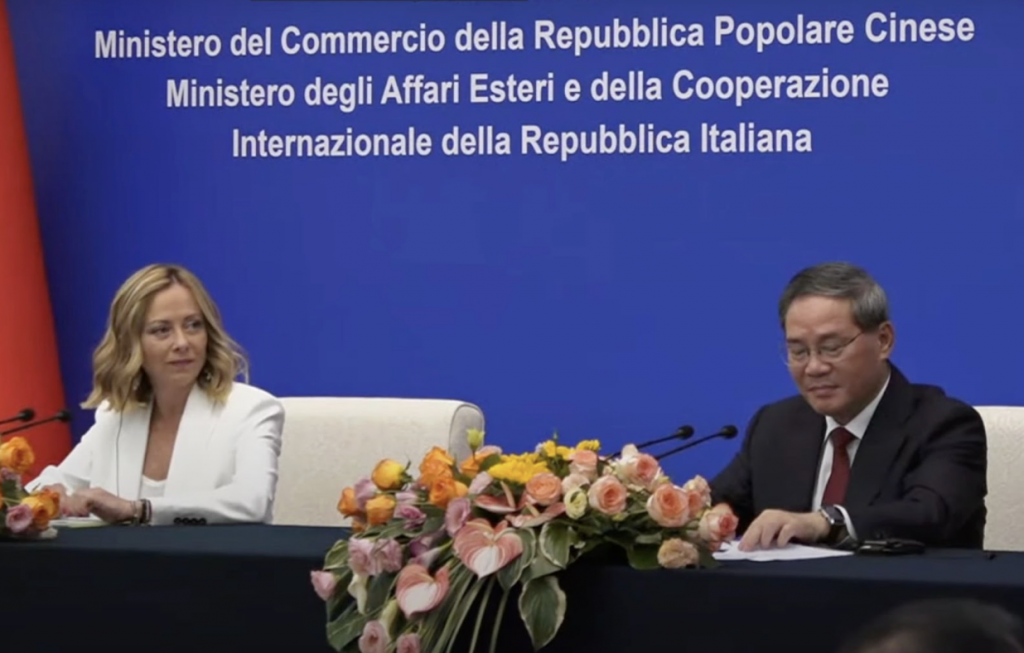
Indispensable China
Typical of much external propaganda by official state outlets on foreign affairs, China Radio International (中国国际广播电台) cherry-picked quotes from a range of Italian commentators, many with long-standing proxy relationships with China. The overarching message of the coverage was that China is absolutely essential to Italy’s continued development.
One quote came, for example, from Mario Bosselli, the president of the China Italy Foundation, which promotes economic, commercial, and cultural relations between Italy and China. The Foundation also maintains a close relationship with the Chinese embassy in Italy, with the latter being a counselor in its Council of Administration. Bosselli emphasized the importance of investment in China for Italian companies: “Investing in China is of great significance to Italian companies and will help high-quality Italian products enter the Chinese market,” he was quoted as saying. Ahead of Meloni’s visit, Bosselli was also quoted by the Global Times as saying that Italy was the perfect “gateway” for Chinese products heading for third-country markets. It is worth noting that the “gateway to Europe” argument has been made, with encouragement from Chinese state media and economists, for almost all countries in Southern, Central and Eastern Europe.
The overarching message of the coverage was that China is absolutely essential to Italy’s continued development.
Another quote in the CRI story came from Adolfo Urso, Italy’s Minister of Economic Development. Urso again urged the importance of the Chinese market, which he called indispensable. “China is an indispensable market and a key partner for Italian companies.” he was quoted as saying. “Cooperation between Italy and China in areas such as green technology and electric vehicles is becoming increasingly important.”
As the official Xinhua News Agency reported on Meloni’s visit, Bosselli of the China Italy Foundation was again the source. The outlet ran an “exclusive” interview with the association president. In the way typical with interviews in Chinese state media, this was delivered as a series of paraphrased statements as opposed to direct quotes, beginning with “Bosselli expressed.” Bosselli’s talk of “respect and trust,” “dialogue and cooperation,” and his appeal to history over substantive trade seemed to echo China’s official line: “Next year will mark the 20th anniversary of the Italy-China Comprehensive Strategic Partnership, and we look forward to both sides upholding respect and trust, maintaining dialogue and cooperation, and capitalizing on this opportunity to add new meaning to the Italy-China relationship,” read the paraphrasal.
Chinese state media coverage of Giorgia Meloni’s visit has tried to strike a fine balance between admonishing past disappointments and welcoming a fresh diplomatic reset. At the same time, Meloni and her government came to the country to strike a different kind of balance: one that will let Italy become a critical economic partner for China — like the other G7 economies — without having to rejoin the Belt and Road Initiative, and, in so doing, fall back into its political orbit.

